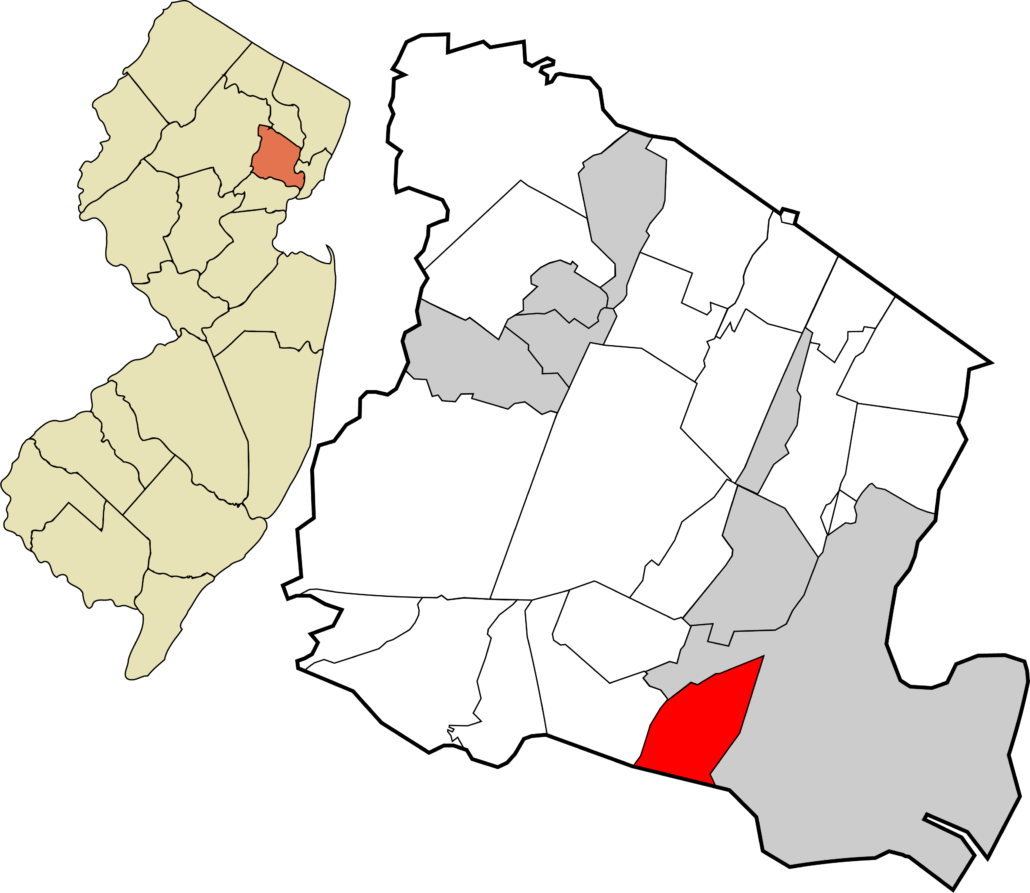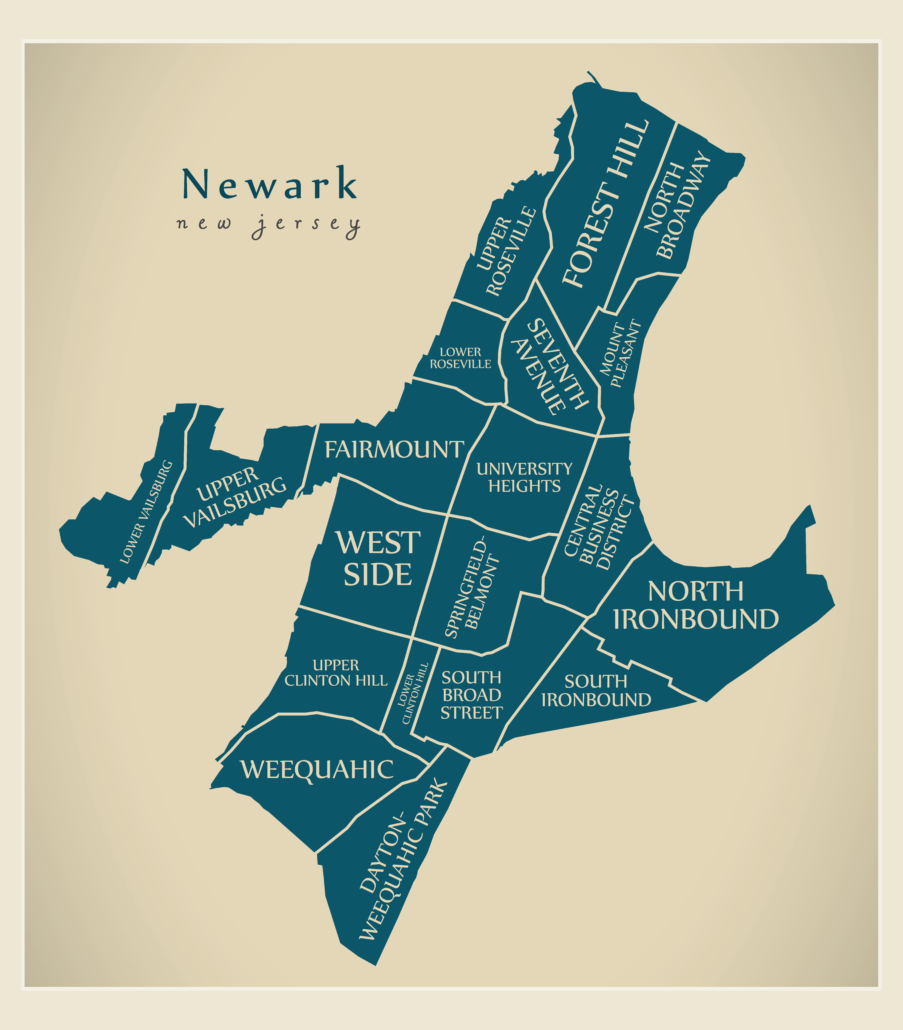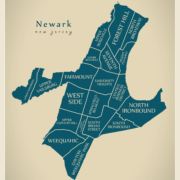Life In An Inner City
When my family moved back to the US in 1981 from Haiti, my parents could only afford to purchase a home in Irvington, an urban city in the state of New Jersey. According to bestneighborhood.org in 2022, Irvington, NJ is currently composed of 85.5% of black people. However, it was populated by 40% black people in the early 1980’s. We lived in the heavily populated section of black people with nationalities from all over the world. I was in grades 4 and 5 during that time. The houses in our area were close to each other. The elementary school one block up the street from our house was considered dangerous. So, my brothers, sisters and I went to catholic school and had very limited contact with our neighbors that were not our family, Haitian or Caribbean. My story is not unusual because families who are forced to live in inner cities like mine kept working hard and keep working hard to get out and to make sure the children are safe and not exposed to the promoted short-term or long-term challenges. One challenge is the term coined for inner city or urban areas as “the hood”. Basically, a place where anything that could go wrong goes wrong for almost everyone that lives there.

While inner cities and urban school systems have had a bad rap for such a long time, it only contributes to the dismissal of schools, systems and people that have great gifts to share with the world. Our GOMO intern, Josiah Lajuenesse, currently lives in the suburbs but reflects on his time in the inner city. “If there is one word I could use to describe what life has been like growing up in Newark, New Jersey, it would be interesting. Despite my age, I’ve seen a lot coming from this area. It’s one that faces a lot of adversity. As an insider, many people look at Newark as a corrupt city, one that’s dirty and filled with poverty and crime. I don’t think that’s all true though. In reality, Newark is what you make of it.
Coming from the West Ward, you can hear many things happening around you: shoot-outs, break-ins, burglaries. These are some things you just get used to and learn to avoid. And while there is crime here, a lot of well-known names originated from this city. Shaquille O’Neil, Queen Latifah, Whitney Houston, Michael B. Jordan. People are so busy focusing on the crime and poverty that we face here in Newark, that they cannot remember and appreciate all the talented minds that came from here too. It’s not just Newark though – cities like mine across the country are full of hidden talent and potential.

Crime isn’t the worst part of living in an inner city. For me, it was watching my mother struggle. She always tried her hardest to keep me off the streets. Seeing her work two jobs just to do things for her children was heartbreaking to witness. The sad truth is if you ask most families in Newark, you’d hear very similar stories. Making it out of the inner city life is an incredible challenge, one that some aren’t able to overcome. One that my mom refused to let us fall victim to.
Ten years after living in Newark, we now live in a house in a better environment. This is something I am so grateful for. If more people had the resources they needed to succeed, they wouldn’t have to worry about adversity to the degree most do living in cities like Newark. When faced with the distractions of the streets, my mother kept her course and got us out. She taught me that when you set a goal for yourself and work hard, you can actually achieve it. It didn’t come without sacrifice, but it reminds me that your environment doesn’t define your potential. No matter who you are or where you come from, it’s possible to make a good life for yourself.”

Home environments have a tremendous impact on a child’s performance at school. As the two spaces that they occupy the most, it’s important not to overlook either of them. Josiah’s story shows that certain circumstances sometimes prevent marginalized parents from being able to provide optimal learning resources for their children. As a company that is dedicated to ensuring equity in educational institutions, GOMO recognizes that home lives significantly affect a child’s performance at school. We will never blame their parents for this because every family’s situation is different, but it is something we can help educators be aware of so that they may have a better understanding of the support an individual requires.
We strive to help educators and leaders learn how to provide different care for children based on their needs. Any child lacking support at home should be able to seek it from their learning institute. With our guidance, we can teach you how to support children and their parents, by providing a safe space and resources for everyone. Equitable resources ensure the fulfillment of everyone’s needs on an individual level, and their parents can rest easy knowing that their child is in trustworthy hands that genuinely care about their well-being and success. Contact us today to transform your organization into one of equity, inclusivity, and success.



